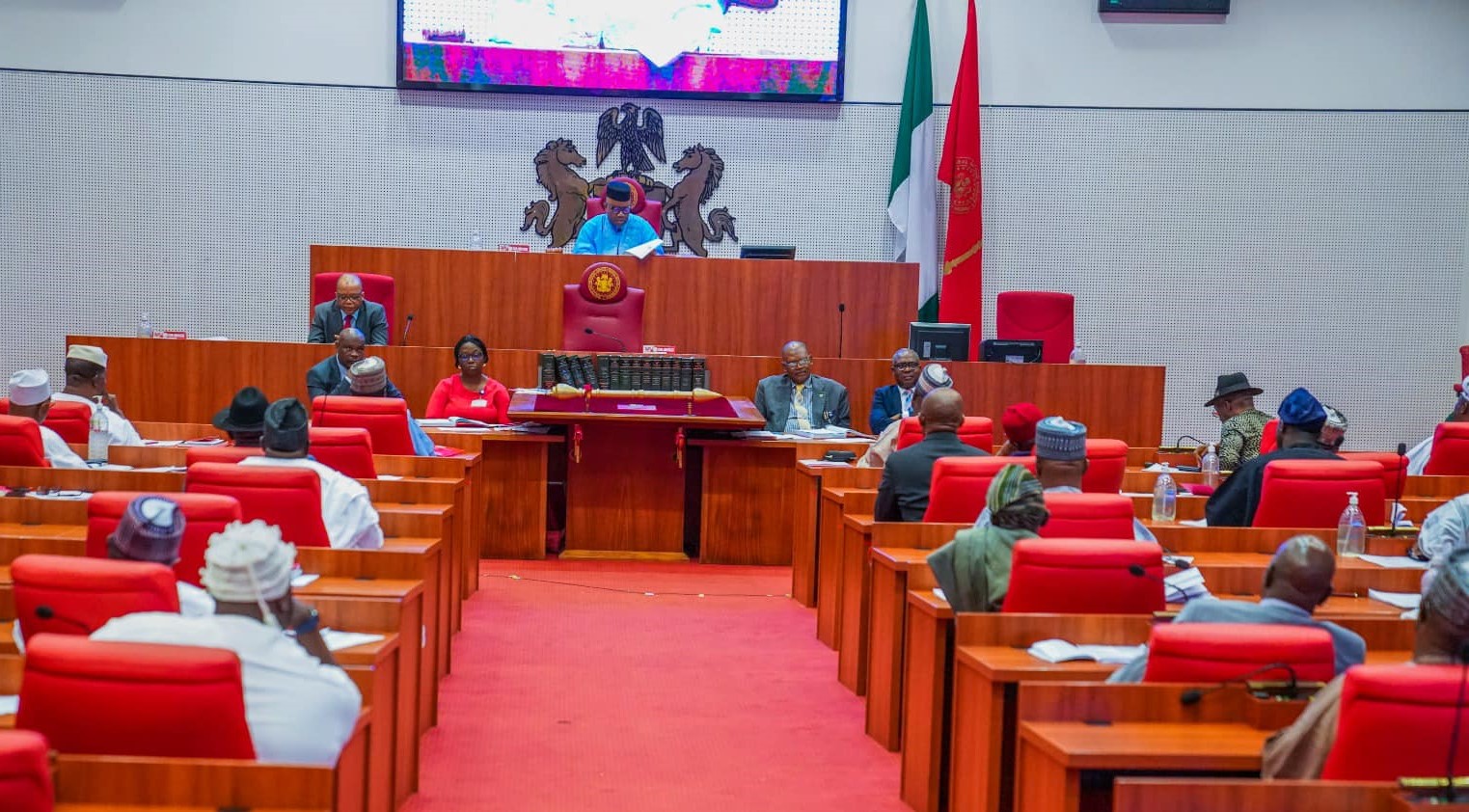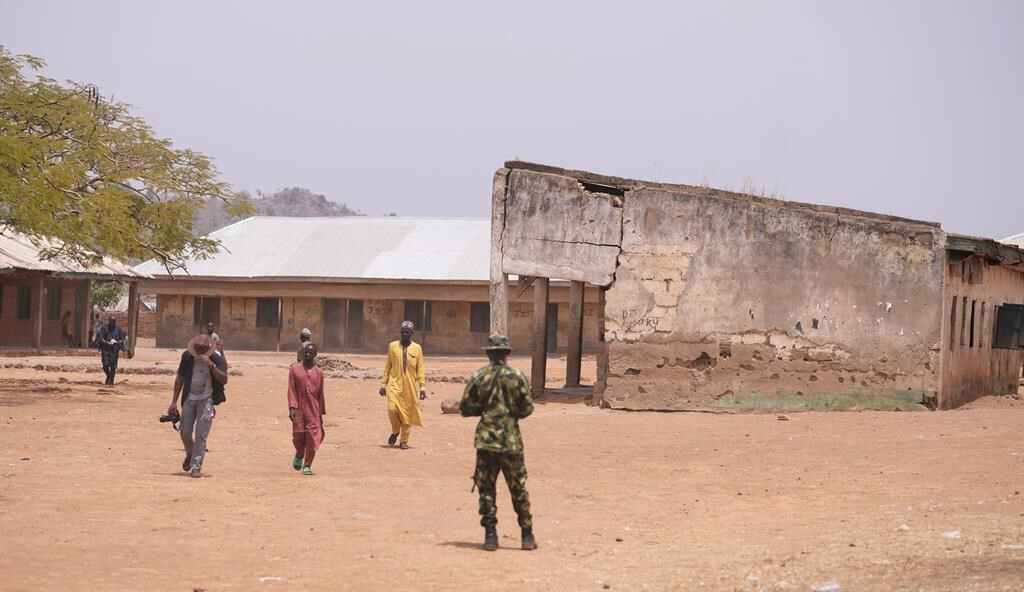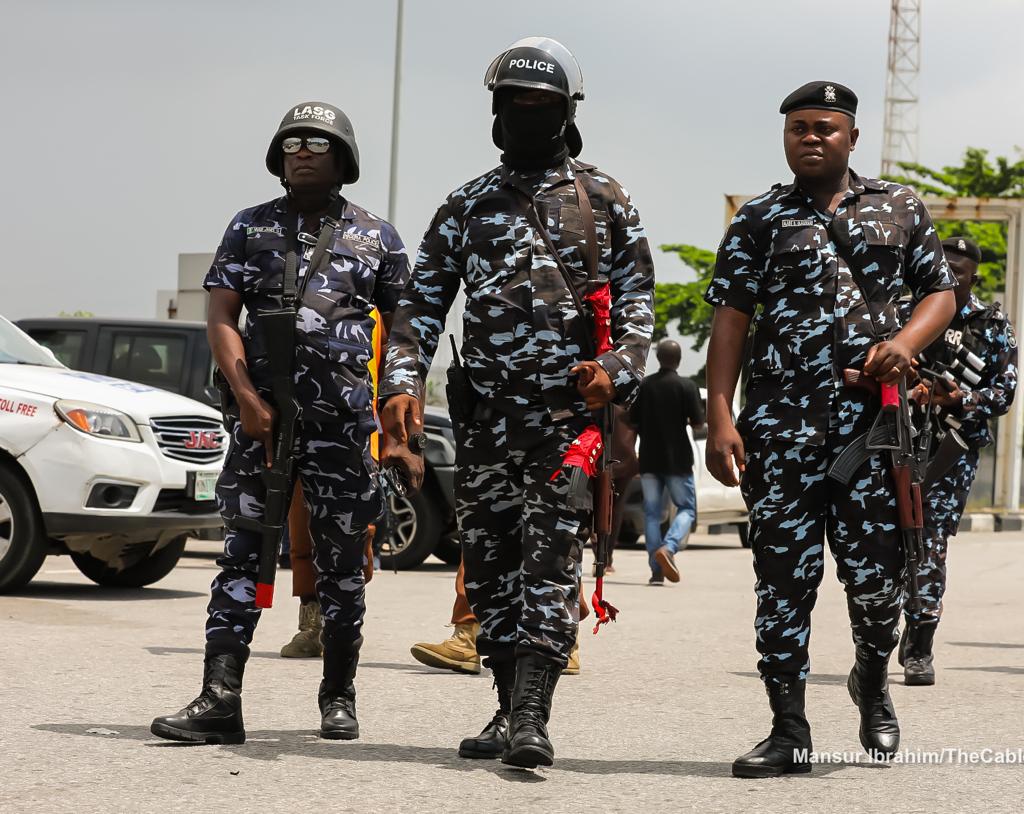Count it all joy, dear readers, if I am summoned by Nigerian legislators after the publication of this article, for it is most likely I will be invited only once, tongue-lashed, and asked to remove my shoes and frog-jump back to my house. For heads of ministries, departments and agencies (MDAs), they cannot be that lucky. They can be invited thrice a week — sometimes by the same committee — and subjected to intense embarrassment in front of cameras and not allowed to utter a word of explanation. Newspaper headlines the following day will be: ‘Lawmakers uncover N30bn fraud under Gorimapa’. Mr Gorimapa will spend the rest of his life trying to explain that the allegation is not true.
Welcome to the world of legislature in Nigeria, where blackmail, intimidation and extortion are common tools to acquire instant billions of naira. They are well disguised as statutory functions. If you talk too much, the lawmakers will wave the constitution in your face and tell you that they are only doing their job. Of course, the constitutional responsibilities of the legislature are: representation, legislation and oversight. They, on paper, represent the interests of their constituents who voted them into office. They ostensibly make laws for the country’s peace, order and governance. They, theoretically, oversight the executive arm for accountability and transparency.
If, in reality, they genuinely discharge these responsibilities with a sense of duty to God and country, Nigeria would be a far better place. Healthcare, education and critical infrastructure at national and subnational levels would be among the best the African continent has to offer. We would not be lamenting about public hospitals lacking basic equipment, drugs and personnel; public schools with empty libraries and laboratories; or public roads punctuated by potholes and craters. If the lawmakers sincerely perform their constitutional roles with an utmost sense of patriotism, I can confidently declare that the executive arm will not be getting away with murder all the time.
Before I proceed, I need to be clear that I am not saying the legislature is solely responsible for the sorry state of the nation. Definitely, there is enough blame to go round the executive, judiciary, media, civil society and the general populace. Nobody can claim innocence in the underdevelopment of Nigeria. This article only focuses on the role of the lawmakers, given current controversies in the polity. My intention is to look at the dubious quota the lawmakers are contributing to the state of the nation. They do not have the powers of the executive and the judiciary, but if they exercise the powers they have diligently and purposefully, they can enable and entrench good governance.
Advertisement
I am also not saying all lawmakers are bad. That would be unfair. There are many lawmakers out there putting in a decent shift in spite of the difficult and sleazy environment. Also, the lawmakers, especially at the national level, have commendably risen to the occasion on a number of times, providing important checks on the executive, stopping overbearing presidents from becoming democratic dictators, blocking the “Afrodemocracy” third term agenda, and exposing executive malfeasance. And can we ever forget the timely invocation of the “doctrine of necessity” to fill the power vacuum left behind by the terminal ailment of President Umaru Musa Yar’Adua in 2010?
Indeed, I rate the legislators highest on lawmaking — and I refer not just to the 469 members of the National Assembly but also the 993 lawmakers in the 36 states of the federation. Where they have often failed to deliver is in representation and oversight. You may be expecting me to talk about the budgeting, but that is part of lawmaking. They process the appropriation bill and turn it into law. In a way, I have covered that ground. But, in the real sense of it, they naturally discharge the two other functions of representation and oversight through the budgeting process — by purporting to factor in the interests of their constituents and oversighting the implementation by the executive arm.
But what do we see? “Representation” is usually about self rather than the constituent. Some lawmakers have come to think that paying medical bills and school fees is what representation means. But this is only a product of a system that has left the people behind, a system that makes the rich richer and the poor poorer and sustains itself through the entrenched beggarly culture. For instance, no UK constituent will send an SMS to the MP asking for money to pay school fees or hospital bills: the state provides free, quality education and health care to its citizens. In Nigeria, a lot of the funds end up in the pockets of the politicians, who then go on to play Father Christmas.
Advertisement
If the lawmakers truly represent their constituents, schools will not be teaching chemistry without chemicals, neither would hospitals be in want of paracetamol. They have the powers of budgeting and oversight. Some lawmakers think buying grinding machines for their constituents is the real meaning of representation. Yes, handouts are politically useful, but representation is more than giving out handouts. It is true that there is pressure from their constituents to buy wheelbarrows for “empowerment” and this is partly driving the extortion, but constituents can also see how their representatives have been transformed to billionaires overnight, so they want their own “share”.
Perhaps the most odious trait of Nigerian lawmakers is in the area of oversight, where the beast in them is often unleashed. President Bola Tinubu, while breaking the Ramadan fast on Wednesday with members of the House of Reps, specifically pleaded with the National Assembly to exercise restraint in the incessant invitation of agency heads. No week passes without the lawmakers summoning them and threatening to issue warrants of arrest against them if they fail to appear — all this in an unnecessary attempt to flaunt their constitutional powers. Ultimately, at least from what we hear all the time, this is not really about promoting accountability. Yes, you know what I mean.
I have spoken to many agency heads in recent times and many are worn out by the harassment from the legislators. The extortion is too much. The waste of time, money and energy is unsustainable. One agency head told me: “In a month, some MDAs receive between 15 and 20 invitations to public hearings and interactions from various committees. All letters clearly indicate that the heads of agencies must attend and no representation is allowed. They will ask you to submit information that has already been submitted either to them or to another committee. The sheer number of documents we have to send… if recycled, it will save millions of dollars in paper importation.
“These submissions, at times, date back to 15 years and yet they ask that they are submitted in a few days. These submissions are in hundreds and sometimes thousands of pages. And you are supposed to submit 30 to 50 copies each. The worst thing is that they hardly read them. They have so-called consultants who are engaged to look for lapses and problems, not solutions. Same consultants set up questions for the members of the committee to ask MDAs during the hearings. The aim is always to harass and embarrass us for other ulterior motives. They do this in conjunction with the press corps who are used to spread spurious allegations if you do not ‘co-operate’ with the legislators.”
Advertisement
Another agency head told me: “The worst part for me is that some of my colleagues will cancel appointments to fly to Abuja only to be told the hearing has been moved or cancelled. Matters that have been looked into and closed by the previous National Assembly will be resurrected. This is the most vicious and desperate National Assembly ever. The impunity is something else. They tell you to your face that they spent money on elections and tribunals and need to recoup. They are not even hiding it. They brazenly ask you to pad budgets and tell you not to worry about how they will get the money out. They tell you they have special project contractors or consultants who would handle it.”
I do not suggest, by any strand of imagination, that the executive arm is full of saints and lovers of Nigeria. I do not propose that the arm is the epitome of accountability. For all you care, intimidation, extortion and blackmail by legislators may be their own way of getting “a piece of the action” — but we know that even on that front, most are well taken care of, aside the fact that they also take good care of themselves. My biggest worry is no longer about the corruption, which is sickening enough, but the impunity. Our legislators at national and subnational levels — 1,462 of them — need to endear themselves to Nigeria by truly representing them and making them their utmost priority.
I know the drill: this article will be deliberately interpreted as an attempt to blackmail the legislators and stop them from doing their job. To the contrary, this is actually an appeal to them to do their job — and do it properly, in the interest of 200 million Nigerians. There is no way Nigeria can make progress if the legislature does not creditably perform its responsibilities of representation, lawmaking and oversight. In presidential democracy — as opposed to the parliamentary system — there is a reason the powers of the executive and legislature are separated. It is to avoid having an omnipotent president. It is for checks and balances. But in Nigeria, it is more about bank balances.
AND FOUR OTHER THINGS…
FALLEN SOLDIERS
Advertisement
The gruesome killing of 16 officers and men of the Nigerian army in Okuoma, Delta state, is so painful. Under no circumstance should people kill an agent of the state. It is a direct attack on the state. And this should never be justified or defended by sane people. I know some people are still in 2015/2023 elections mode and are spewing rubbish trying to justify the killings — but imagine that the soldiers had not exercised restrain and had opened fire on the attackers instead. We would be talking about Okuama massacre by now. Still, military response has to be mature to avoid a repeat of the disproportionate reactions to the previous incidents in Odi, Zaki Biam and Bama. Unfortunate.
UNKNOWN ARRESTERS
Advertisement
On March 15, 2024, Mr Segun Olatunji, editor of FirstNews, was reportedly taken away from his home by armed men. Although there are suspicions that it is one of the security agencies, perhaps the military, but there is yet no word on him. No agency has claimed responsibility. This makes it even scarier. Abduction of journalists was very common under military rule (naïve campaigners for a return of military rule may find that fact useful) but how can this still be happening in a democracy? On August 1, 2019, social media influencer, Abubakar Idriss, aka “Dadiyata”, was abducted by armed men at his house in Kaduna state. Till today, there is no word on his whereabouts. Disturbing.
VIRGIN ISLAND
Advertisement
Rev Fr Emmanuel Edeh, chancellor of the Madonna University, set social media on fire last week. At the university’s convocation, he declared: “It is only in this university that girls who have entered as virgins graduate as virgins. You can join our university as a virgin and graduate as a virgin. Tell me any other university in the whole world that can maintain this. That is why people from London, America, England, Germany, when you meet them, they will say Father, we want to marry a girl who is a virgin. And they don’t tend to get that until they come to Madonna University.” I am not interested in the big debate. I just want to know how the man of God knows they graduate as virgins. Intriguing.
CLARIFICATION CORNER
Advertisement
Last week, I commented on the case involving Senator Orji Uzor Kalu in which I said that the Court of Appeal blocked his retrial on technical grounds. That is not exactly the case. Kalu’s conviction in 2019 had been upturned by the Supreme Court on technical grounds — that the trial judge had been promoted before he delivered the judgement. The case that was thrown out weeks ago by the Court of Appeal was a civil one. The EFCC is trying to re-arraign Kalu but a high court blocked it. In its appeal, the EFCC did a shabby job in its filings and the Court of Appeal threw it out. The anti-graft agency is now expected to do things properly and proceed with the case. It is not over yet. Clarified.







